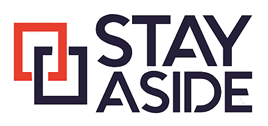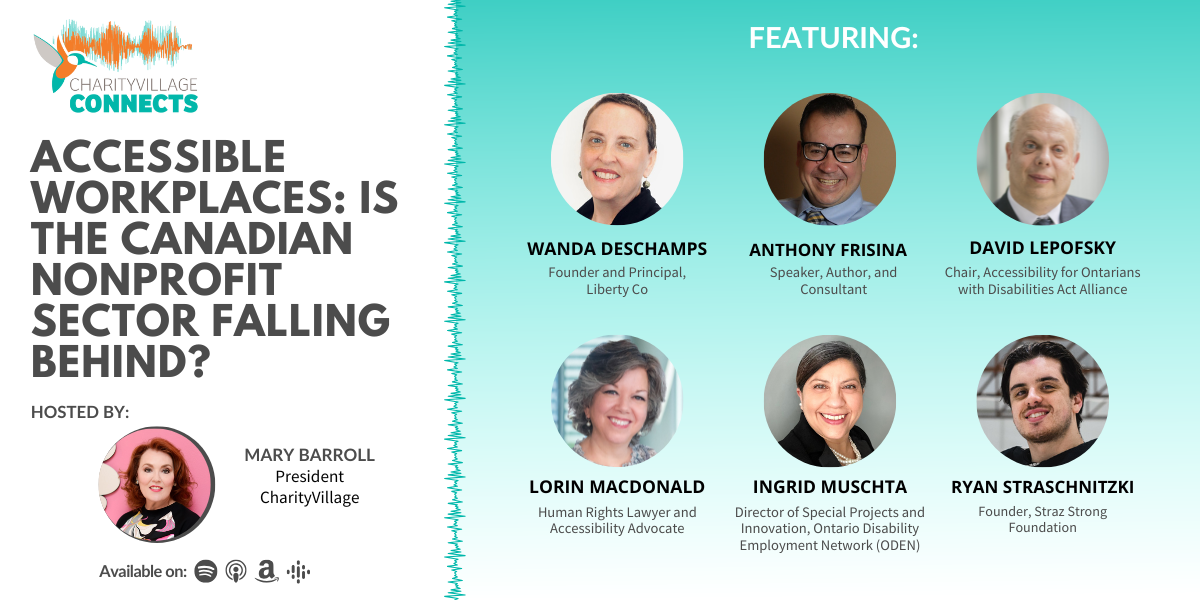He is chair of the Accessibility for Ontarians with Disabilities Act Alliance. He is a member and past chair of the Toronto District School Board’s Special Education Advisory Committee. From 2018 to 2022, he served as a member of the Kindergarten-Grade 12 Education Standards Development Committee appointed by the Ontario Government to recommend reforms to tear down barriers impeding students with disabilities. He is also a member of the board of the Ontario Parents of Visually Impaired Children (OPVIC).
In 1979, David Lepofsky graduated with honours From Osgoode Hall Law School with a Bachelor of Laws. He obtained a Masters of Law from the Harvard Law School in 1982.
He was admitted to the Ontario Bar in 1981. From 1982 to the end of 2015, he practised law in Toronto with the Ontario Ministry of the Attorney General, in the areas of constitutional, civil, administrative and most recently, criminal law. In 2004, he was appointed to the position of General Counsel. This is the highest promotion in the Ontario Public Service (outside management). Reserved for only a handful of the 2,000 lawyers in the Ontario Public Service, it is reserved for the most senior counsel, to recognize career achievement in handling the most complex work, demonstrated diversity of expertise, creativity, professional leadership, judgement, and mentoring/role modelling.
From 1982 to 1988, he served as counsel in the Crown Law Office Civil, conducting civil, administrative and constitutional litigation on behalf of the Ontario Government. From 1989 to 1993, he served as counsel in the Constitutional Law and Policy Division, conducting constitutional litigation on the Government’s behalf. From 1993 to the end of 2015, he served as counsel in the Crown Law Office Criminal, conducting criminal appeals in the Ontario Court of Appeal and the Supreme Court of Canada. He has appeared on at least 30 cases in the Supreme Court of Canada in his career, as counsel or co-counsel, and in some 200 cases in the Ontario Court of Appeal. He retired from his position with the Ontario Public Service at the end of 2015.
Since 1991, he has served as a part time member of the University of Toronto Faculty of Law, where he has taught an advanced constitutional law seminar on freedom of expression and press over 30 times. He plans to resume this again in the 2021 fall. From 1987 to 2005, he served as Associate Head of the Ontario Bar Admission’s Course’s Public Law Section.
From 2016 to June 2023, he served as a part-time visiting professor on the faculty at the Osgoode Hall Law School. From 2016 to 2018, he held the title of Visiting Professor of Legal Ethics and Public Interest Advocacy. Starting in January 2019, he held the title of Visiting Professor of Disability Rights and Legal Education. Beginning in July 2023, he has taken on the role of visiting research professor at the University of Western Ontario’s Faculty of Law.
Since the late 1970s, he has been active in a volunteer capacity, advocating for new laws to protect the rights of persons with disabilities in Canada. In 1980, he appeared before the Joint Committee of the Senate and the House of Commons on the Constitution of Canada, on behalf of the Canadian National Institute for the Blind for an amendment to the proposed Charter of Rights, to guarantee equality rights to persons with disabilities. The efforts of a great many combined to lead Parliament to pass the disability amendment to the Charter.
From 1980 to 1982, he served on the leadership team of a broad disability coalition that successfully advocated for inclusion of protection against discrimination based on disability in the Ontario Human Rights Code.
From 1994 to 2005, he led the Ontarians with Disabilities Act Committee. That coalition successfully campaigned for ten years to win passage of two new Ontario laws to make Ontario fully accessible to persons with disabilities, the Ontarians with Disabilities Act 2001 and the Accessibility for Ontarians with Disabilities Act 2005. Since then, he has helped in efforts to get that law effectively implemented.
In February, 2009, he became the Chair of the Accessibility for Ontarians with Disabilities Act Alliance. He and the Alliance have pressed for the prompt enactment and enforcement of strong accessibility standards under the Disabilities Act. In 2010 they succeeded in getting Ontario election legislation amended to address accessibility barriers impeding voters with disabilities in provincial elections.
In addition to advocating at the provincial level, he has led the AODA Alliance’s advocacy efforts to secure the enactment of a strong accessibility legislation at the federal level, appearing before Standing Committees of the House of Commons in October 2018 and the Senate in April 2019. His advocacy efforts combined with those of many others to lead to the enactment of the Accessible Canada Act in 2019. He also led the AODA Alliance’s efforts in 2022 and 2023 to strengthen Bill C-22, the proposed Canada Disability Benefit Act, including giving testimony before Standing Committees of the House of Commons and Senate.
Starting in 1994, he personally campaigned to get the Toronto Transit Commission to announce all subway stops, and later all bus stops, for the benefit of passengers with vision loss. Between 2001 and 2007, he personally fought two cases against TTC. In 2005, the Human Rights Tribunal ordered TTC to consistently announce all subway stops (Lepofsky v. TTC #1). In 2007, the Human Rights Tribunal ordered TTC to announce all bus and streetcar stops (Lepofsky v. TTC #2).
He is the Chair of the Toronto District School Board’s Special Education Advisory Committee. He has been a member of that Committee since April 2015, and previously served as its Chair in 2016 and 2017. That legally-mandatory committee advises the Toronto District School Board on reforms needed to improve special education services and programs. Under his leadership, SEAC developed and presented to the Toronto District School Board a series of six major recommendations setting out details for major reforms needed to better serve students with special education needs.
In December 2016, the Ontario Government appointed him as a member of the K-12 Education Standards Development Committee. Created under the Accessibility for Ontarians with Disabilities Act, that committee was mandated to develop recommendations on what the Ontario Government should include in an Education Accessibility Standard, to be enacted under that legislation, to tear down the many barriers that impede students with disabilities in Ontario from full inclusion in Ontario’s education system. That Committee delivered its final report to the Ontario Government in January, 2022.
He has also undertaken volunteer advocacy efforts internationally in support of equal rights for people with disabilities. In 1998, he addressed the Constitutional Law Committee of Israel’s Parliament (Knesset). In 2023, he addressed a Select Committee of the New Zealand Parliament.
Awards include investiture in the Order of Canada (1995), the Order of Ontario (2007), and the Terry Fox Hall of Fame (2003), honorary doctorates from Queen’s University, the University of Western Ontario, the Law Society of Ontario and Brock University, and awards from other organizations including e.g. the City of Toronto, the Law Society of Upper Canada, the Ontario Bar Association Public Lawyers Section, the Advocates Society, the Ontario Crown Attorneys Association, the American College of Trial Lawyers, the Ontario March of Dimes and Community Living Ontario. In March 2020, the American College of Trial Lawyers awarded him the Samuel E. Gates Award for contributing to improvements to the litigation process.
He was very flattered and humbled when the Canadian Lawyer Magazine August 2010 edition listed him among Canada’s 25 most influential lawyers. However, he was left wondering: “If I am so influential, why doesn’t anyone listen to me?”
He is the author of one law book, and the author or co-author of over 30 law journal articles or book chapters on topics including constitutional law, criminal law, administrative law, human rights, and the rights of persons with disabilities. His publications have been cited with approval in several decisions of the Supreme Court of Canada, as well as by trial and appeal courts across Canada. He has been invited to lecture on topics including these across Canada, and in the U.S., Israel, the Republic of Ireland, Denmark, Belgium and New Zealand. He has created and is expanding an extensive online series of videos on disability rights and advocacy. It has secured over 100,000 views. Excerpts have been used in some university courses.
Twitter: @davidlepofsky
AODA Alliance: www.aodaalliance.org

